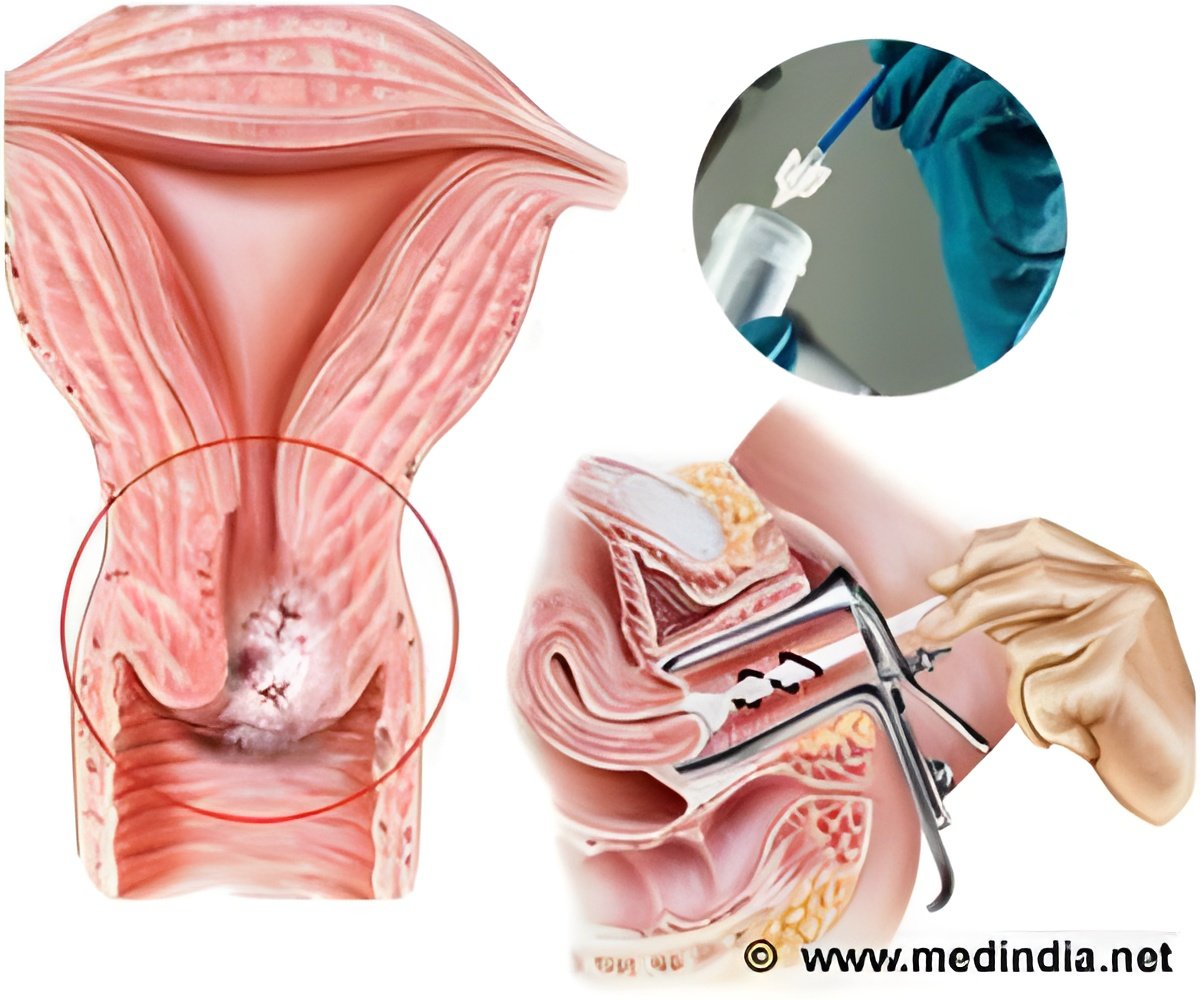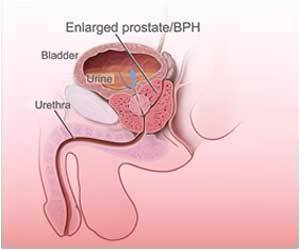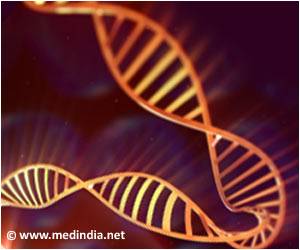Despite claims suggesting otherwise, the demands for tests and treatments by the cancer patients from their health care providers are very rarely inappropriate, suggests a study.

"The results from this new study help debunk many of the misconceptions people have about patient demands leading to unnecessary tests and treatments as a major source of higher health care costs in the US," said Gogineni. "In this study, inappropriate cancer patient demands were uncommon, and in less than 1 percent of the cases did providers order an inappropriate treatment or test when requested by patients."
"Clinicians felt that the majority of patient directed requests were appropriate. The data suggests that rather than being driven by patients to employ low-value, high cost care, most of the time oncologists and nurse practitioners incorporated patients' requests into a suitable plan of action."
Questions about patient demands were raised last year after results from a study presented at ASCO by Penn Medicine researchers revealed that over 80 percent of the general public, 69 percent of patients, and 70 percent of doctors surveyed believed hospitals and doctors conducted unnecessary tests and provided unnecessary treatments, and over 50 percent believed patients requested unnecessary tests or treatments.
Was this happening and could cancer patient demands be part of the problem? The questions are important ones to explore, particularly in the oncology setting, where drugs and tests can get expensive.
To find out, the team, including Ezekiel J. Emanuel, MD, PhD, chairman of the department of Medical Ethics and Health Policy, broke down the 177 encounters where patients had requests or demands regarding treatment or tests.
Advertisement
The patient base was mostly non-Hispanic white (73 percent) with a mean age of 60. Overall, 42 percent had advanced stage or refractory disease, and 66 percent were undergoing active treatment-49.5 percent had palliative intent. Among the 26 clinicians surveyed, 97 percent were white, 54 percent were female and had a median of 14 years of post-training experience. Too few cases of inappropriate test ordering and treatments precluded the team from making any associations with demographics or disease state to the patient or provider base.
Advertisement
Gogineni will present the team's findings at ASCO on Tuesday, June 3, 2014 in the Health Services Research poster session from 8 a.m. to 11 a.m. in McCormick Place E354b.
Penn Medicine is one of the world's leading academic medical centers, dedicated to the related missions of medical education, biomedical research, and excellence in patient care. Penn Medicine consists of the Raymond and Ruth Perelman School of Medicine at the University of Pennsylvania (founded in 1765 as the nation's first medical school) and the University of Pennsylvania Health System, which together form a $4.3 billion enterprise.
The Perelman School of Medicine has been ranked among the top five medical schools in the United States for the past 17 years, according to U.S. News & World Report's survey of research-oriented medical schools. The School is consistently among the nation's top recipients of funding from the National Institutes of Health, with $392 million awarded in the 2013 fiscal year.
The University of Pennsylvania Health System's patient care facilities include: The Hospital of the University of Pennsylvania -- recognized as one of the nation's top "Honor Roll" hospitals by U.S. News & World Report; Penn Presbyterian Medical Center; Chester County Hospital; Penn Wissahickon Hospice; and Pennsylvania Hospital -- the nation's first hospital, founded in 1751. Additional affiliated inpatient care facilities and services throughout the Philadelphia region include Chestnut Hill Hospital and Good Shepherd Penn Partners, a partnership between Good Shepherd Rehabilitation Network and Penn Medicine.
Penn Medicine is committed to improving lives and health through a variety of community-based programs and activities. In fiscal year 2013, Penn Medicine provided $814 million to benefit our community.
Source-Newswise














